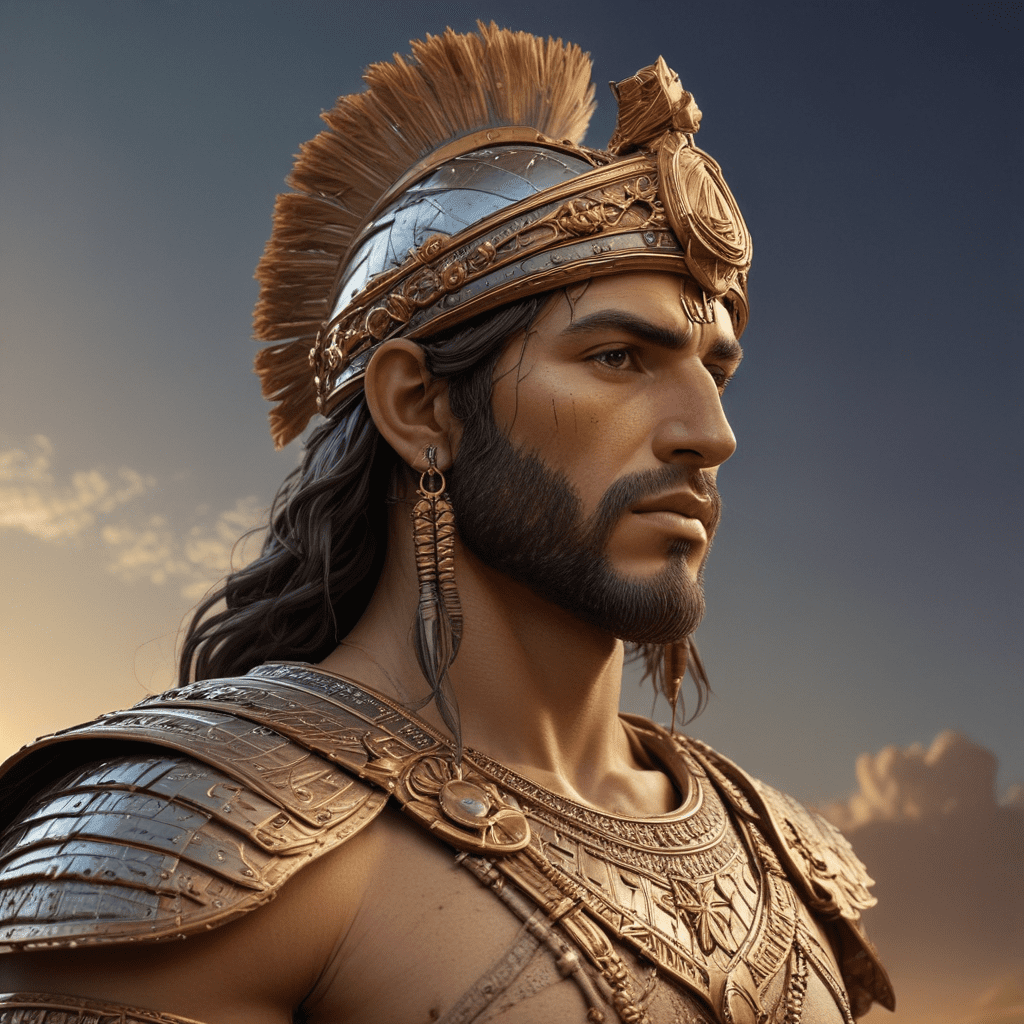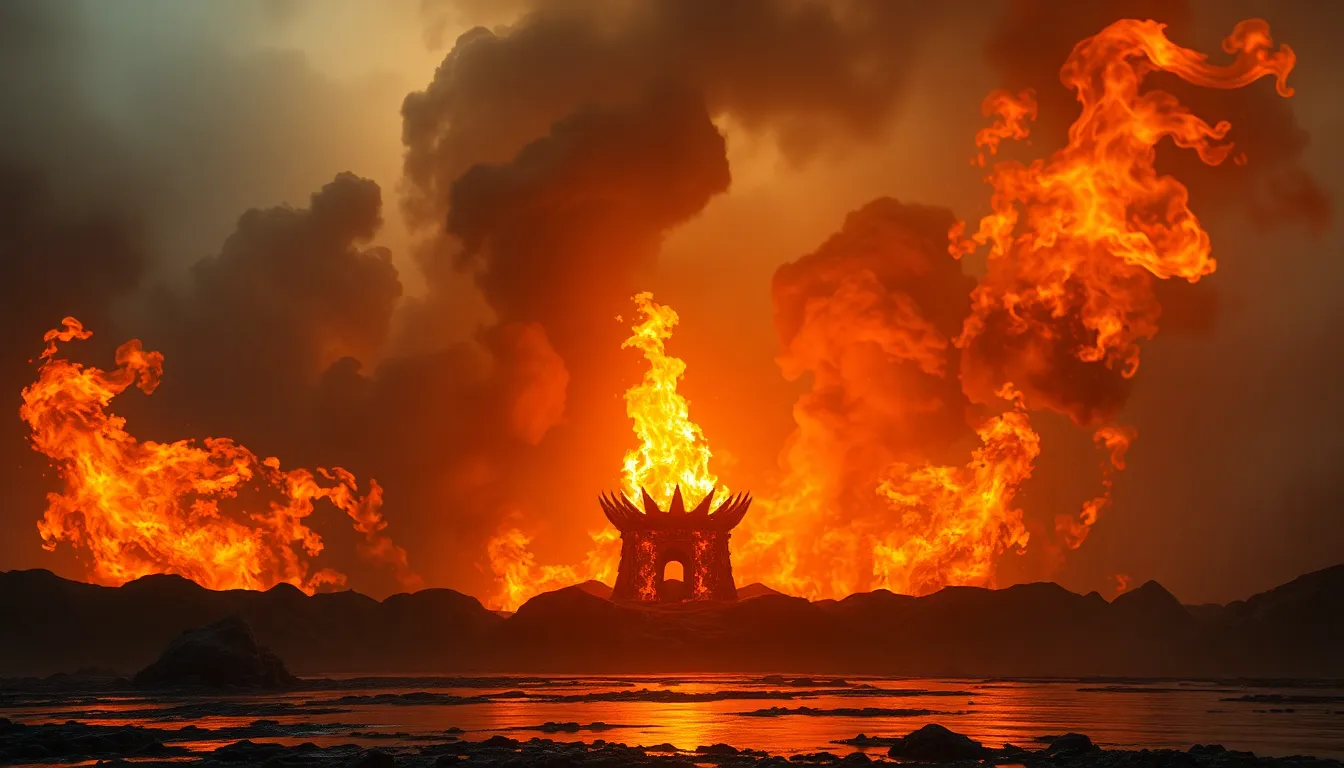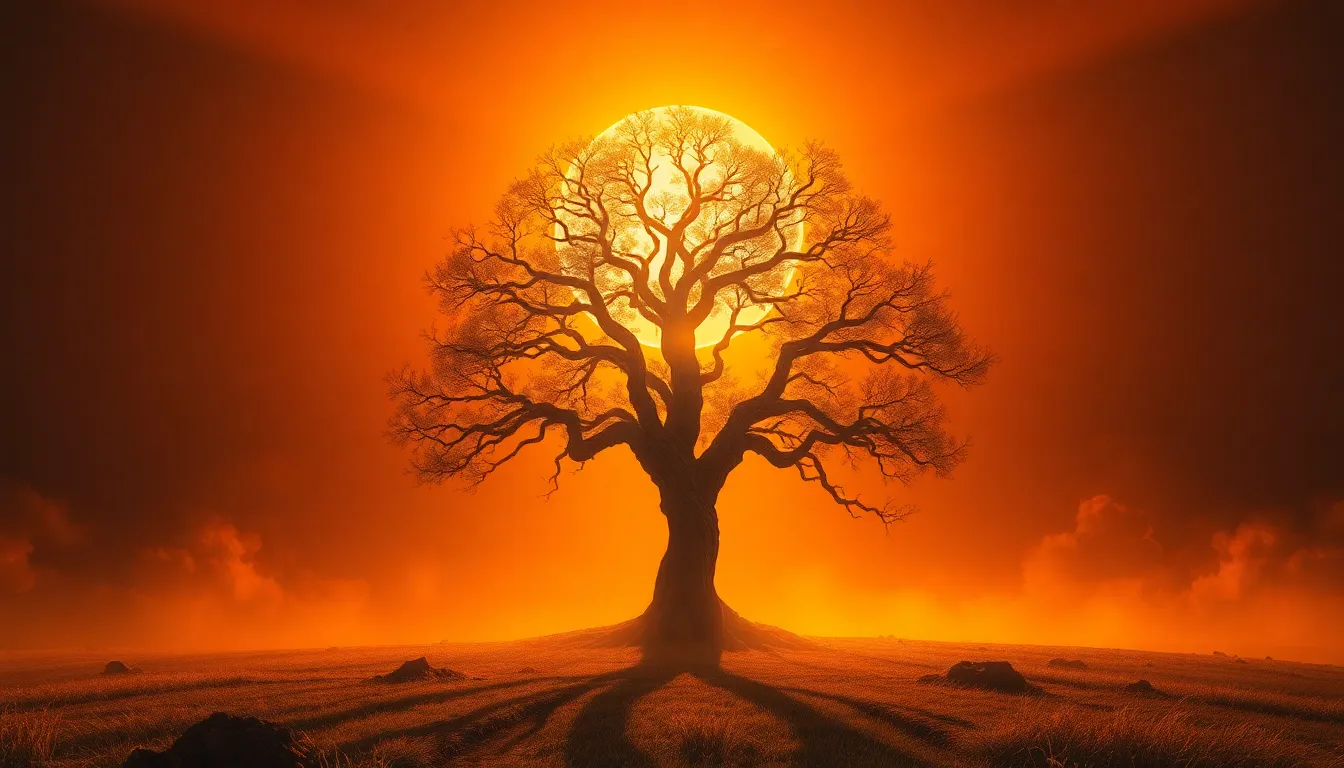I. Introduction:
Mesopotamian mythology, born from the fertile crescent between the Tigris and Euphrates rivers, boasts a rich and complex pantheon of deities, each embodying the hopes, fears, and realities of this ancient civilization. Among these gods, Ninurta stands out as a powerful warrior and protector, whose influence extended far beyond the battlefield to the very heart of agricultural life.
II. Ninurta's Origins and Family:
Born to Enlil, the chief god and embodiment of wind and air, and Ninlil, the goddess of the south wind and fertility, Ninurta inherited a lineage steeped in power and authority. His siblings included the prominent gods Nanna (moon god), Nergal (god of the underworld), and Inanna (goddess of love and war), solidifying his position within the Mesopotamian power structure.
III. Ninurta's Role as a Warrior:
Feared and revered in equal measure, Ninurta was a mighty warrior, renowned for his numerous victories against demons and monsters. His prowess in battle earned him the epithets "Hero of the Gods" and "Lord of the Storm," highlighting his ability to vanquish evil and bring order to chaos. His arsenal included the Sharur, a divine bow capable of splitting mountains, and the Imdugud, a fearsome winged lion symbolizing his unyielding power.
VI. Ninurta in Art and Literature:
Ninurta's image adorns numerous Mesopotamian artworks, reflecting his importance and popularity. In sculptures, he is often depicted as a muscular warrior, clad in a horned helmet and grasping his divine bow. Cylinder seals, intricate carvings used to stamp documents and artifacts, frequently portray Ninurta engaged in battle with monstrous figures, symbolizing his triumph over chaos.
References to Ninurta abound in Mesopotamian literature. The Epic of Gilgamesh, arguably the most famous work of Mesopotamian literature, mentions Ninurta as the builder of the impressive walls of Uruk, further emphasizing his association with protection and defense.
VII. The Significance of Ninurta:
In Mesopotamian society, Ninurta held immense significance. As a warrior god, he provided reassurance and protection from external threats, ensuring the stability of the kingdom. His connection to agriculture further solidified his importance, as he guaranteed the abundance of crops, essential for the survival and prosperity of the people.
Ninurta's influence extended beyond Mesopotamian borders. The Hittites, an Anatolian civilization, adopted Ninurta into their pantheon, reflecting the wide reach of Mesopotamian cultural and religious influence.
VIII. Modern Interpretations of Ninurta:
Modern scholars view Ninurta through the lens of history, anthropology, and comparative mythology. They analyze his myths and iconography to understand the social, political, and religious beliefs of ancient Mesopotamia. By studying Ninurta, we gain invaluable insights into the complex worldview of this ancient civilization.
IX. Conclusion:
Ninurta, the warrior god of agriculture, stands as a testament to the multifaceted nature of Mesopotamian mythology. His dual role as protector and provider reflects the deep-seated concerns of an agrarian society, where security and sustenance were paramount. Through his enduring legacy, Ninurta continues to fascinate and inspire, offering us a glimpse into the rich tapestry of ancient Mesopotamian beliefs and values.
X. FAQ:
Who were Ninurta's parents?
Ninurta was the son of Enlil, the chief god, and Ninlil, the goddess of the south wind and fertility.
What were Ninurta's main attributes?
Ninurta was known for his strength, courage, and skill in battle. He was also associated with agriculture and protection.
What was Ninurta's most famous weapon?
Ninurta's most famous weapon was the Sharur, a divine bow capable of splitting mountains.
What was Ninurta's connection to the Epic of Gilgamesh?
In the Epic of Gilgamesh, Ninurta is mentioned as the builder of the walls of Uruk.
What is the significance of Ninurta in modern times?
Ninurta continues to be studied by scholars as a source of information about ancient Mesopotamian beliefs and values.



